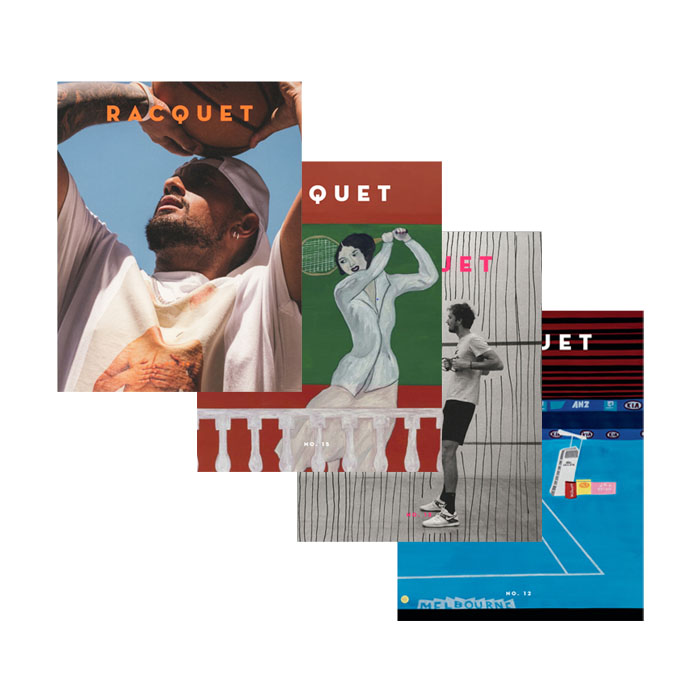By Giri Nathan
Daniil Medvedev is the No. 2 player on tour, but No. 1 in terms of on-court chatter. Nobody is better at letting the viewer in on their unmediated stream of consciousness. Tennis is a sport of constant psychic ups and downs, and Medvedev, while famously understated in his triumphs, graciously invites us into his mind palace whenever he’s pissed off. This was especially true through the spring, as he constantly abused the clay, sometimes physically, always verbally, culminating in this classic observation: “It’s the worst surface in the world for me. But if you like to be in the dirt like a dog, I don’t judge.” It should be noted that Medvedev’s nonstop burbling, when aimed at umpires, has been both very funny and ugly in the past. But his incident this week in Toronto skewed toward the former.
If there’s any necessary context, it’s that he was already wearing suboptimal underwear, which would make anyone grumpy. Playing through swampy conditions in his second-round match against Alexander Bublik, Medvedev’s request to go to the locker room early in the second set had been denied. “The only chance for me to change my underwear is over there, but there are cameras there,” he told the umpire Aurélie Tourte. “I’m okay to do it, but everybody is going to see me.” Later, up 2–0 in the third set, with both players at the net, Medvedev scooped up a ball that Bublik had to run down for a tweener. Medvedev sent the resulting smash directly at Bublik, who fell over while—this may well be the most noteworthy part of the clip—somehow deflecting the ball back into play. Medvedev reflexively said “Sorry” for bowling over his opponent, before preparing to put away another smash, this time for good. But he was interrupted by the umpire’s call: hindrance! His “Sorry” had qualified as a hindrance. “This is gonna be on Tennis TV, bro,” Medvedev said, prophetically:
Medvedev, who lost the point, raises a worthwhile point: It was his turn to hit the ball, so if anyone was being hindered, it was him, an oxymoronic self-hindrance. But the rulebook doesn’t make any judgments about which player was most directly disadvantaged by the hindrance, and has this to say about deliberate utterances like Medvedev’s “Sorry”: “Any distraction caused by a player may be ruled deliberate and result in the loss of a point (intentional or unintentional). Deliberate is defined as the player meant to do what it was that caused the hindrance or distraction.” Lesson: Don’t say sorry when you’re tattooing the Wilson logo on your opponent’s forehead. At least not before the ball is dead.
A very different lesson would be learned by Karen Khachanov, a lesson about which toilet words are bad in what language in what professional context. Khachanov has always seemed a rather steely type—remember how well he stayed calm and closed out his match at Cincinnati in 2019, while his opponent, who had previously called the umpire “a potato with legs and arms,” walked into the hallway to liquefy two racquets?—but got spicy and even philosophical this week in Toronto. In the second set of his all-Russian match against Aslan Karatsev his forehand sailed long, and Khachanov muttered something involving “mierda,” once again proving that tennis players are the world’s finest polyglots when pissed off. Unfortunately for him, umpires are equally cosmopolitan in their understanding of bad words. Khachanov was issued a code violation by umpire Renaud Lichtenstein, his second of the match, triggering the point penalty and losing Khachanov the game. “For this word?” “It’s a bad word,” countered the umpire. “What do you mean it’s a bad word? So, if you go to toilet, you go to shit, it’s a bad word?” “It is a bad word.” “And how do you say another way that you go to toilet?” “Well there are many other ways, but…” Why did our learning stop there? How many ways can Monsieur Lichtenstein describe a trip to the toilet? Let me count the ways.
Above: Daniil has a word for the official. (Getty)



